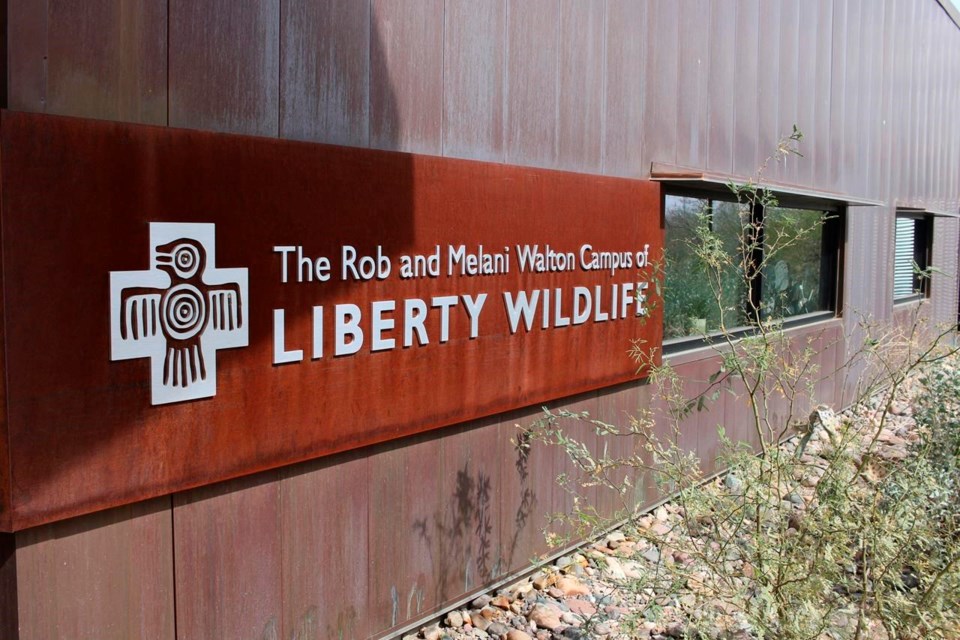A Washington state man accused of helping kill more than 3,000 birds — including eagles on a Montana Indian reservation — then illegally selling their carcasses and feathers intends to plead guilty to illegal wildlife trafficking and other criminal charges, court documents show.
Federal prosecutors say Travis John Branson and others killed about 3,600 birds during a yearslong “killing spree” on the Flathead Indian Reservation and elsewhere. Feathers and other parts of eagles and other birds are highly prized among many Native American tribes for use in sacred ceremonies and during powwows.
Branson of Cusick, Washington, will plead guilty under an agreement with prosecutors to reduced charges including conspiracy, wildlife trafficking and two counts of unlawful trafficking of eagles, according to court documents filed Tuesday. The documents did not detail how many birds he will admit to killing.
A second suspect, Simon Paul of St. Ignatius, Montana, remains at large after an arrest warrant was issued when he failed to show up for an initial court appearance in early January. His attorney, Dwight Schulte, declined to comment Tuesday.
The defendants are accused of selling eagle parts on a black market that has been a long-running problem for U.S. wildlife officials. Illegal shootings are a leading cause of golden eagle deaths, according to a recent government study.
Immature golden eagle feathers are especially valued among tribes, and a tail set from one of the birds can sell for several hundred dollars, according to details disclosed during a separate trafficking case in South Dakota last year in which a Montana man was sentenced to three years in prison.
A grand jury in December indicted the two men on 15 criminal charges. They worked with others — who haven't been named by authorities — to hunt and kill the birds and on at least one occasion used a dead deer to lure an eagle that was killed, according to the indictment.
Federal officials have not said how many eagles were killed or what other kinds of birds were involved in the scheme, which they say began in 2015 and continued until 2021. The indictment included details on only 13 eagles and eagle parts that were allegedly trafficked by the defendants.
Branson, who was released from custody following a Jan. 8 court appearance, faces years in prison and substantial fines under the terms of the plea agreement. He also would be responsible for complete restitution of damages, including from offenses that would be dismissed under the plea deal.
Branson did not respond to a message left at a publicly listed phone number for him. His attorney, Assistant Federal Defender Andrew Nelson, declined to comment on the agreement.
Text messages obtained by investigators showed Branson and others telling buyers he was “on a killing spree” to collect more eagle tail feathers for future sales, according to the indictment. Prosecutors described Paul as a shooter and shipper of eagles for Branson.
Bald eagles are the national symbol of the United States, and both bald and golden eagles are widely considered sacred by American Indians. U.S. law prohibits anyone without a permit from killing, wounding or disturbing eagles, or taking their nests or eggs. Even taking feathers found in the wild can be a crime.
Federally recognized tribes can apply for permits with the U.S. Fish and Wildlife Service to take a bald or golden eagle for religious purposes, and enrolled tribal members can apply for eagle feathers and other parts from the National Eagle Repository. But there’s a lengthy backlog of requests that eagle researchers say is driving the black market for eagle parts.
The operator of a tribal feather repository in Oklahoma said law enforcement officials need to be prosecuting those who buy the feathers — not just traffickers — if they want to disrupt the market.
“The buyers need to be made examples of,” said Bill Voelker, a member of the Comanche Nation and executive director of Sia: The Comanche Nation Ethno-Ornithological Initiative in Cyril, Oklahoma. “That’s the only way they’re going to tackle it so there’s less of this going on and fewer birds losing their lives.”
Matthew Brown, The Associated Press




